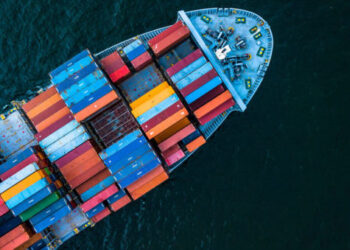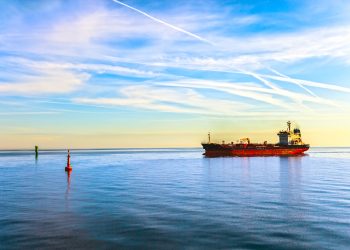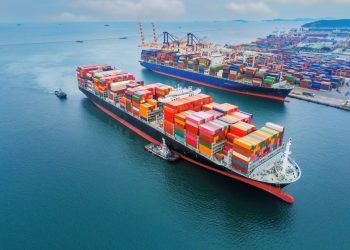Fire onboard becomes a more challenging emergency dependent on the location of ignition. Ships are used to transport various types of cargoes which are distributed wisely in the various cargo areas according to a cargo plan as prepared by the officer in charge. It is not an easy task to deal with a fire in the cargo hold, or any area of the ship for that matter, and surely any fire situation onboard a ship needs to be taken seriously. Normally all precautions are taken to ensure that inflammable cargoes are kept in isolated conditions.
Taking into consideration that cargo vessels have similar Accommodation and Engine room spaces, the difference of approaching a fire incident is in line with the differences in cargo spaces. Additionally, other types of cargo ships, like Ro-Ro have a totally different approach for fire in cargo areas. Another category which is totally different is the passenger vessel category.
Fire risks in accommodation areas
- Class A – Ordinary combustible materials such as wood, cloth, paper or other materials included in accommodation spaces
- Class F or K – Fires involve burning cooking oil, fat or grease or other galley or kitchen materials
Fire risks in engine room spaces
- Class B – Involve flammable and combustible liquids and gases such as gasoline, oil, lacquers, paints, mineral spirits, and alcohols
- Class C – Fires involving energized electrical equipment
- Class D – fires involve combustible materials such as aluminum, magnesium, titanium, zirconium, sodium, and potassium
It is worth noticing that the classification of fire in accommodation spaces and engine room spaces is similar to all ship types; therefore, it is more feasible to focus on these fire classes and plan the response in case of emergency accordingly. The risk becomes higher when there are cargo spaces because different cargoes hide different risks and dangers onboard same ship types, making the response to a fire more challenging.
Different cargoes hide different risks:
-Bulk carriers / General cargo vessels (dry cargo)
The risks of Class A are the majority among fire risks for such type of vessels. The pre-planned response with fixed systems (usually CO2) is the most effective method to respond to a cargo hold fire. Other types of cargo (eg wooden materials) stored on deck will require the deployment of fire teams with fire hoses in order to respond to the fire.
-Oil tankers (Liquid cargo)
The main risk lies to the nature of cargo which may start a fire in class B. In these types of vessels the CO2 batteries are used for engine room spaces while cargo spaces are covered with foam extinguishing systems, as foam is the most suitable applicator to fight class B fires.
-Chemical tankers
These are almost same with oil tankers but the fire risk in cargo nature is not only due to liquid formation (class B fires) but also to extended air gases created by the nature of cargo. On such types of vessels the most important fire fighting step against cargo fires is the pre fire operations of isolating cargo systems (eg inert gas). However in case of fire the most suitable applicator to respond is foam.
-LNG carriers
LNG cannot burn in liquid but it can be easily vaporized and the vapors of such fuel are extremely flammable. So again the first important step is to isolate vapors from flammable conditions (using inert gas). When a fire starts in LNG cargo spaces, the most suitable applicator is dry powder from fixed positions. Such types of fire are very dangerous as the vapor from LNG, apart from flammable, can also lead to explosions when restricted in confined spaces.
-Container vessels
One of the most difficult types of vessel to respond to a fire in cargo spaces. Practically, class A is of high risk, but considering the nature of cargoes included in containers, class D fires cannot be excluded either. Additionally, some cargoes may be subject to evaporation and produce fires similar to class B fires. For areas and compartments below main deck, CO2 and water based fixed systems are assigned to respond to fires. However, open deck stored containers are very difficult to be subject to fixed systems and so the deployment of fire teams is essential. Mobile water monitors used by teams are the main equipment of fighting such fires.
-Ro-Ro cargo vessels
This type of vessels is assigned to carry vehicles in large garage cargo areas. The most common fire risk is class A fire and class B (from fuel carried in vehicles’ tanks). In case of loaded vehicles, the cargoes carried may create additional risks for fire on board. The fixed fire system is (commonly water based) the most suitable solution for fire in cargo spaces of such vessels. The important issue in such vessels is to maintain the isolation between decks and cargo areas in order to prevent fire from spreading onboard.































































